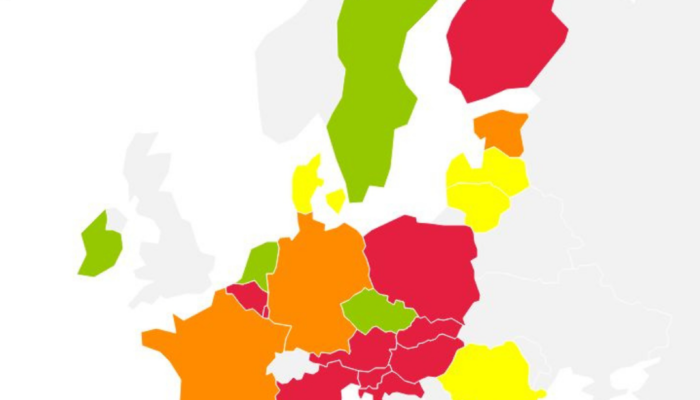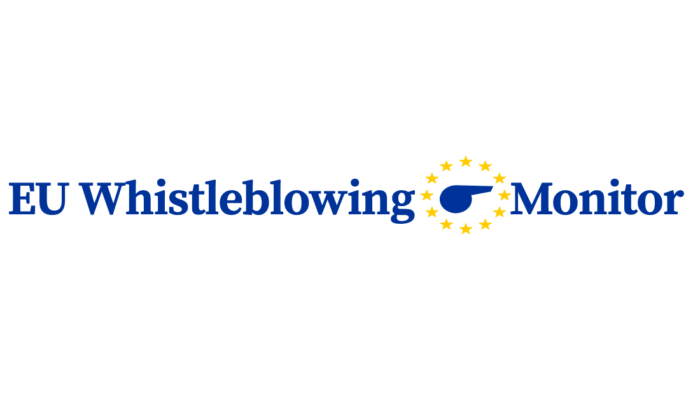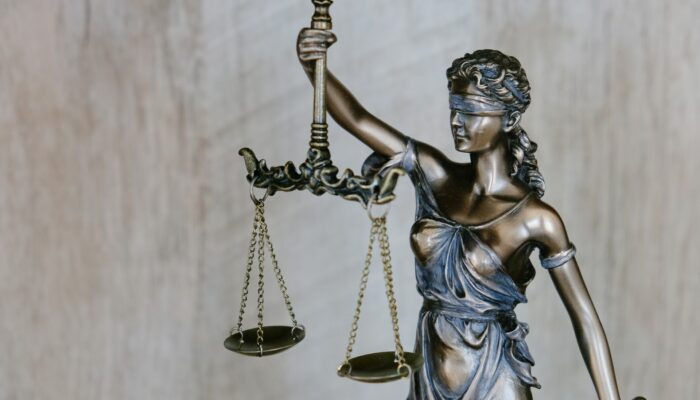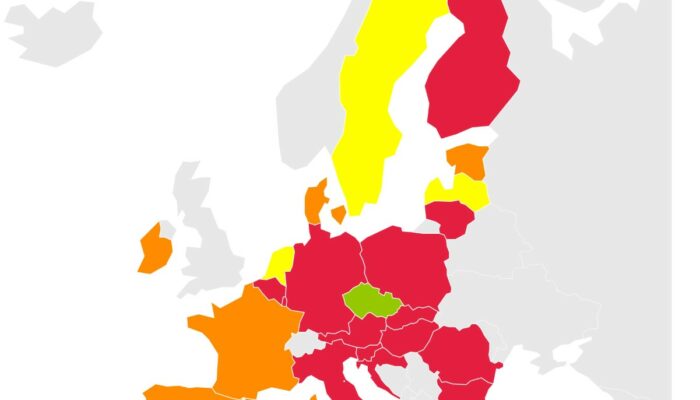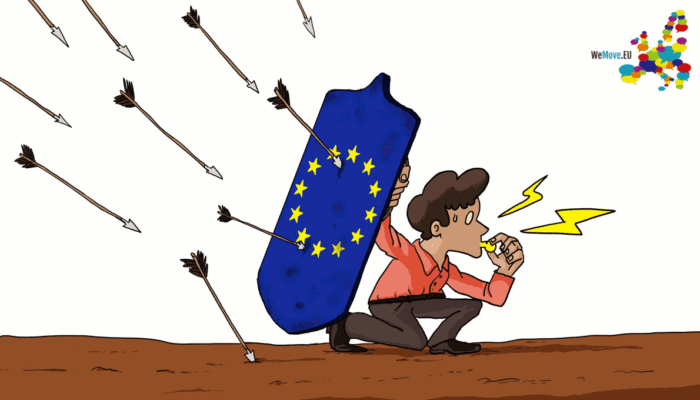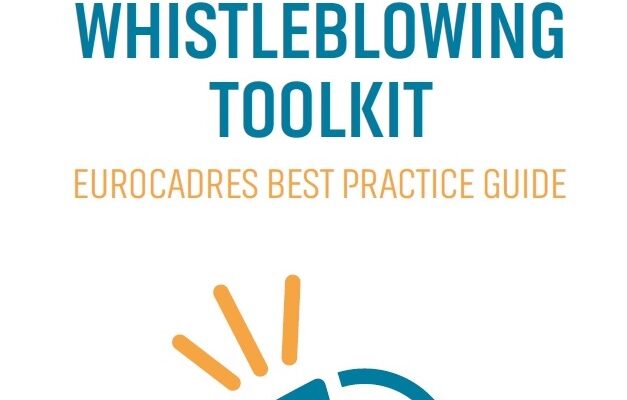The role of media and investigative journalism
The LuxLeaks revelations were unprecedented not only in the level of corruption they uncovered, but also in the vast array of journalists from different media organisations working together to uncover corruption.
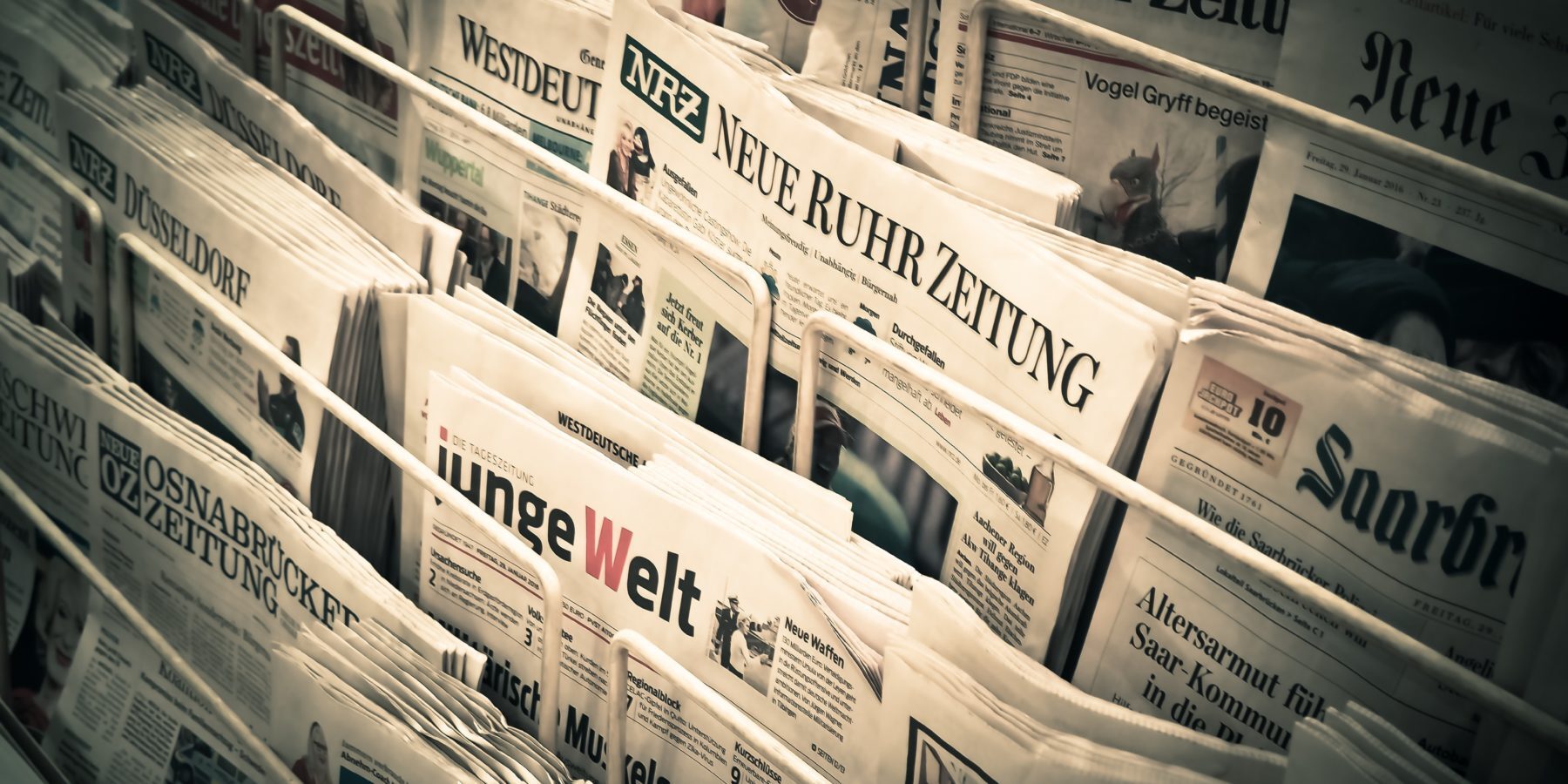
Under the umbrella of International Consortium of Investigative Journalists, 80 reporters from news outlets around the world worked for months to trawl through 28,000 pages of documents. The result, published in 2014, was to have wide-ranging repercussions, eventually leading to proposals for changing in the law. The Panama Papers in 2015 and the Paradise Papers in 2017, followed the same template.
From Woodward and Bernstein exposing Nixon in the Watergate scandal in the 1970s, to the present day, investigative journalists have been putting their lives on the line in the name of the truth. And far too many of them have paid the ultimate price.
In October 2017, Daphne Caruana Galizia, an independent Maltese journalist, was murdered by a car bomb. She was a vocal critic of corruption in Malta and had uncovered scandal after scandal, yet for decades, she had endured a vast array of intimidation and threats. According to her son Matthew Caruana Galizia, himself a member of International Consortium of Investigative Journalists, death threats were almost a daily occurrence. Attempts were also made to freeze her financial assets, and she was bombarded by lawsuits.
In February 2018, Jan Kuciak, an investigative journalist who specialised in exposing tax fraud with links to Slovak politicians, was also murdered. His killing toppled the Fico government.
Both have been posthumously recognised. The left group in the European Parliament, GUE/NGL, awarded Kuciak the inaugural award for Journalists, Whistleblowers and Defenders of the Right to Information established in honour of Caruana Galizia. The award is for individuals or groups who have been intimidated and/or persecuted for uncovering the truth and exposing it to the public.
Honouring those who bravely spoke out for the good of all is appropriate, but there should be adequate protection for others who continue their work.
In April 2018, the European Parliament backed a resolution to protect investigative journalists in Europe. The resolution called on the Commission to create a permanent financial scheme to support independent investigative journalism, as well as a Europol investigation of the murder of Kuciak and his partner Martina Kušnírová.
“The murder of Ján Kuciak is a sign of the increasingly perilous situation that those working to cast light on abuse of power find themselves in. A thriving democracy relies on investigative journalism. But that requires funding. To sustain the work of people like Ján Kuciak and Daphne Caruana Galizia, the Commission should create a permanent fund to support investigative journalism,” said Greens MEP Benedek Jávor.
“We will fight hard for strong protections for investigative journalists. As we have seen from the latest Facebook scandal to the Panama Papers, investigative journalists work hand-in-hand with whistleblowers to expose corruption and it is vital that they are also protected. As we have tragically seen in both Malta and Slovakia in recent months, far too often they pay a heavy price for their investigative work,” added S&D MEP Virginie Rozière.
Many more journalists around the world face other forms of persecution. Swedish advocacy group, the Stockholm Center for Freedom, estimates that in Turkey it is estimated that 245 journalists remain in prison for simply doing their job.
But Europe is not immune. In July 2015, Germany’s domestic secret service threatened two journalists with jail time in Germany for publishing information about the extent of the country’s surveillance activities.
Markus Beckedahl and Andre Meister editors at Netzpolitik.org were informed them that they were under investigation for treason for published two articles based on leaked information. The case, which many saw as an effort to clamp down on the freedom of the press, saw Germany's chief federal prosecutor Harald Range toppled over his handling of the affair.
Whether the threat of death, jail time, other forms of persecution or simple interference with their work, investigative journalists face exceptional obstacles in uncovering wrong-doing, speaking truth to power and holding the powerful to account.
The European Federation of Journalists (EFJ), Reporters Without Borders (RWB), the European Magazine Media Association (EMMA), the European Newspaper Publishers’ Association (ENPA) and the European Broadcasting Union (EBU - UER) have all called for better protection for investigative journalism and freedom of information in the EU.
Honouring those who bravely spoke out for the good of all is appropriate, but there should be adequate protection for others who continue their work.
MORE ARTICLES
Progress update: Are EU Governments taking whistleblowing protection seriously?
Today, on World Whistleblowing Day 2021 – less than 6 months before the deadline to transpose the Directive – we highlight key developments in EU countries since the publication of the report.
New civil society monitor on the EU Whistleblowing Directive
The partnership of Eurocadres, the Whistleblowing International Network (WIN) and Transparency International EU is delighted to announce the development and launch of EU Whistleblowing Monitor, a new online platform to monitor transposition and implementation of the EU Directive on Whistleblowing (2019/1937) across Europe.
EU whistleblowing provisions need adjustments in member states
Seven months remains for EU member states to transpose the whistleblower directive into national legislation.
Can transposing the Whistleblower Protection Directive be done on time? Maybe, but not at the cost of transparency and inclusiveness
EU governments were given two years to bring their national whistleblowing frameworks in line with the EU Directive on Whistleblower Protection.
Are EU Countries taking whistleblower protection seriously?
Transposition of the Whistleblower Protection Directive is a chance to ensure that people can expose abuses safely across the European Union – but EU nations might be letting the opportunity pass us all by.
EU Whistleblowing Meter monitors transposition process
The EU Whistleblowing Meter tracks the progress of transposition in each country.
Half a decade of whistleblower directive advocacy
Professor Wim Vandekerckhove from University of Greenwich has analysed the work of the platform in reaching a directive proposal on the protection of whistleblowers.
EVENT – Call to action: Whistleblower protection across the EU, 23 February
EVENT – 23 February, 14:00 – 15:30 (CET)
Best practice guide on whistleblowing for trade unions
What should be the role of trade unions in whistleblowing? Which internal arrangements, should be in place to establish a culture which promotes whistleblowing?
EU Whistleblowing Meter Launched to Monitor Transposition of EU Directive on Whistleblowing
On World Whistleblowing Day, 23 June, the Whistleblowing International Network along with its many partners and colleagues across Europe are launching the EU Whistleblowing Meter


